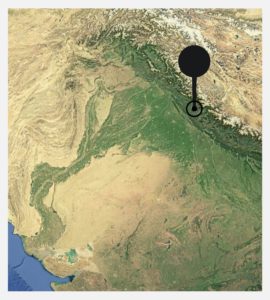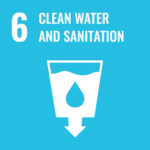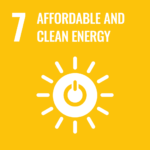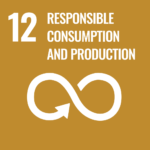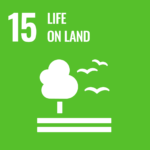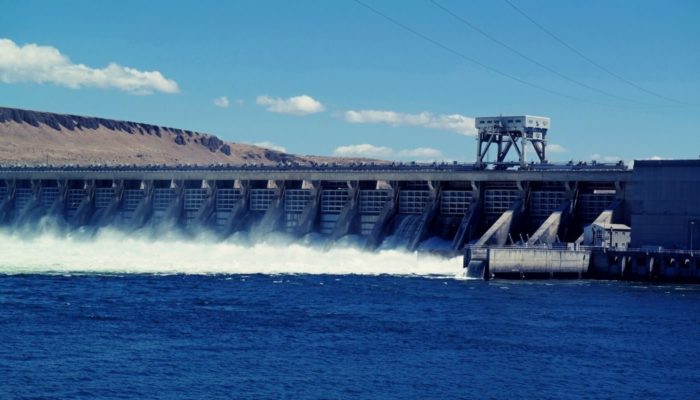
Hydropower Project in India
The Hydropower Project is a run-of-river power plant with an installed capacity of 300 MW. The detour dam of the project is located on the Baspa River, near Kuppa in Himachal Pradesh. The powerhouse is located in the village of Karcham in the Kinnaur district. The project activity is an initiative of Jaiprakash Hydro Power Limited (JHPL), part of the Jaypee Group. Jaypee is a well known Indian business group and had an agreement with the government of Himachal Pradesh State to implement the project.
The dam is located at an altitude of 2600 m, the highest altitude attainable in India for such a structure. The aim of the project activity is to generate electricity with renewable hydropower and sell it to the State Electricity Board (HPSEB) of Himachal Pradesh. With an estimated saving of over one million tons of CO2 equivalents per year, it is one of the largest private-sector hydropower projects in India.
Overview of the project data
Location: Himachal Pradesh, India
Project type: Energy industries (renewable/non-renewable sources)
Certificate Standard: Verified Carbon Standard
Emissions reduction per year: 1,052,463 t CO2
Total emissions reduction: 10,524,630 t CO2
Project Validator: Bureau Veritas Certification Holding SAS (Bureau Veritas)
Contribution to the goals for sustainable development
While focusing on reducing greenhouse gas emissions, the Forest Protection Project also generates multiple co-benefits. These are supportive of the United Nations Sustainable Development Goals.
By supporting the project, we contribute to the following sustainability goals:
No poverty
The project activity has created direct and indirect employment for qualified and unqualified workers both during the construction phase and during the operating phase, thus contributing to controlling migration from the region and alleviating poverty.
Good health and well-being
Health care facilities in the form of a hospital, a new pharmacy, doctors and medical staff as well as free medication have been set up by the project operator in the vicinity of the project for the benefit of the people in the neighboring villages.
Clean water and sanitation
The water quality of the Baspa River is within the permissible limits according to the CPCB standard. There is no organic pollution as there are no major sources of domestic or industrial discharges in the river.
Affordable and clean energy
Approximately 1.3 million MWh of clean electricity is generated annually by the hydroelectric power plant in the Himachal Pradesh district. It helps to meet significantly increasing energy requirements and needs in India.
Industry, innovation and infrastructure
The construction of the hydro power plant project triggers an all-around increase in development activities like housing, transportation and education, having a significant positive impact on the lifestyle of the population.
Climate Action
The project will substitute power plants that run on fossil fuels and thus reduce CO2 emissions.
Life on Land
The conservation of the rainforest protects numerous species of birds, mammals, fish, reptiles, amphibians, trees and other plants.


